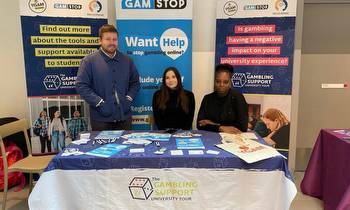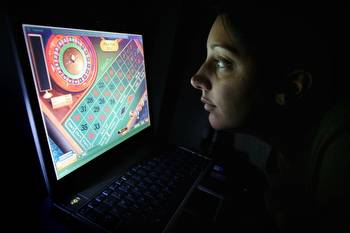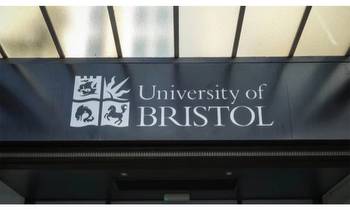GambleAware Commits £4M for Britain’s First Academic Research Hub Specialising in Gambling Harms

GambleAware has begun an eight-month grant award process to establish the first Academic Research Hub in Great Britain specialising in gambling harms research.
The ambition is for the Academic Research Hub to have a significant impact on the whole gambling research landscape, both within Great Britain and across the globe, through the inclusion of new and diverse areas of research. The Hub will contribute to GambleAware’s overarching vision of creating a society safe from gambling harms and help deliver the charity’s strategic objective to actively build academic research capacity. To ensure longevity, it is also expected the successful institution will secure alternative funding to allow continued growth and development beyond the initial grant award.
In Great Britain at present, most gambling research is from a social science perspective and is delivered by a small number of academics. However, the new Hub seeks to broaden out the range of academic disciplines engaged with gambling harms research in Great Britain. With the application of a public health lens, the successful institution will dictate its own research focus and will support and inform the wider system of treatment providers, organisations and agencies working to prevent and reduce gambling harms.
A select number of universities have been invited to apply for the grant and were chosen based on multiple university rankings, including those rated highly for research areas relevant to gambling behaviour and harms prevention. Whilst the grant will be awarded to a single university, it is expected the successful institution will take a highly collaborative and multi-disciplinary approach both within its own institution and externally with other academics and partners, including internationally.
GambleAware is encouraging applications from those with a strong academic track record in adjacent disciplines, including but not limited to public health, mental health, health inequalities, health economics, epidemiology, clinical health and/or psychology.
Alison Clare, Research Director (Interim) at GambleAware, said: “This is a fantastic opportunity for a British university to develop and innovate in a relatively under-researched field, bringing to bear a much wider range of academic disciplines than are currently engaged in gambling harms research. With this significant investment, a British university and its partners will have the chance to create a step change in building knowledge in an area which links and overlaps with many other subjects and fields.
“It’s a different type of grant award to the smaller projects and programmes in our current research portfolio, with GambleAware taking a much more arm’s length approach in guiding the area of research focus. Our main criteria is that universities apply a multi-disciplinary, public health lens in setting out the rationale for their chosen research area. From our early discussions with selected universities, we’re expecting some very creative and innovative proposals at the initial Expression of Interest stage.”


































